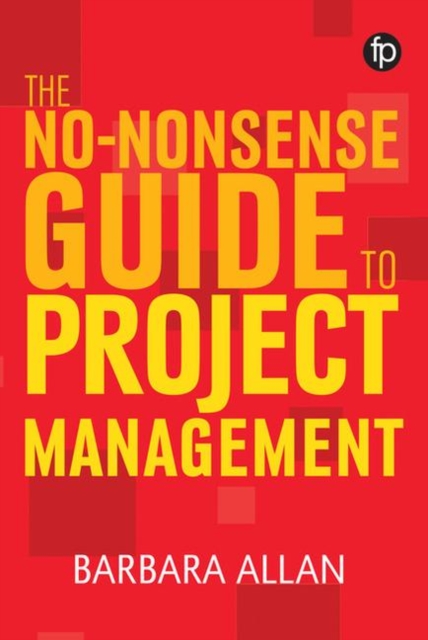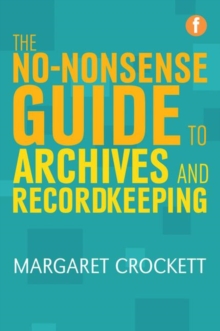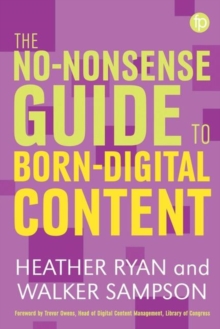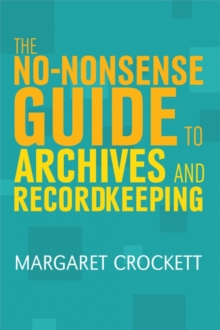
The No-Nonsense Guide to Project Management Hardback
by Barbara Allan
Part of the Facet No-nonsense Guides series
Hardback
Description
This book provides a ‘no-nonsense’ guide to project management which will enable library and information professionals to lead or take part in a wide range of projects from large-scale multi-organisation complex projects through to relatively simple local ones. Barbara Allan has fully revised and updated her classic 2004 title Project Management to incorporate considerable developments during the past decade, including: the development and wide-scale acceptance of formal project management methodologies; the use of social media to communicate and disseminate information about projects and the large shift in the types of project library and information workers may be involved in. The text is supported by practical case studies drawn from a wide range of LIS organizations at local, regional, national and international levels.
These examples provide an insight into good practice for the practitioner, from an individual working in a voluntary organization on an extremely limited budget, to someone involved in an international project. Content covered includes:an introduction to project management, project workers and the library and information professiondifferent approaches to project management, the project cycle, the people side of projects and management of changediscussion of project methodologies, project management software, open source software, collaborative working software and use of social mediaproject initiation, communication, analysis and project briefsdeveloping project infra-structure, scheduling, working out the finances and carrying out a detailed risk analysisimplementation, monitoring and reporting and identifying potential problemscurrent approaches to funding, bidding and tendering, and taking part in auditsworking in partnerships, in diverse and virtual teams, and managing changeIf you are an LIS professional involved in project work of any kind, whether on a managerial, practical, academic or research level, this is an invaluable resource for you.
Information
-
Available to Order - This title is available to order, with delivery expected within 2 weeks
- Format:Hardback
- Pages:256 pages
- Publisher:Facet Publishing
- Publication Date:24/07/2017
- Category:
- ISBN:9781783302048
Other Formats
- Paperback / softback from £62.50
- PDF from £53.96
Information
-
Available to Order - This title is available to order, with delivery expected within 2 weeks
- Format:Hardback
- Pages:256 pages
- Publisher:Facet Publishing
- Publication Date:24/07/2017
- Category:
- ISBN:9781783302048










